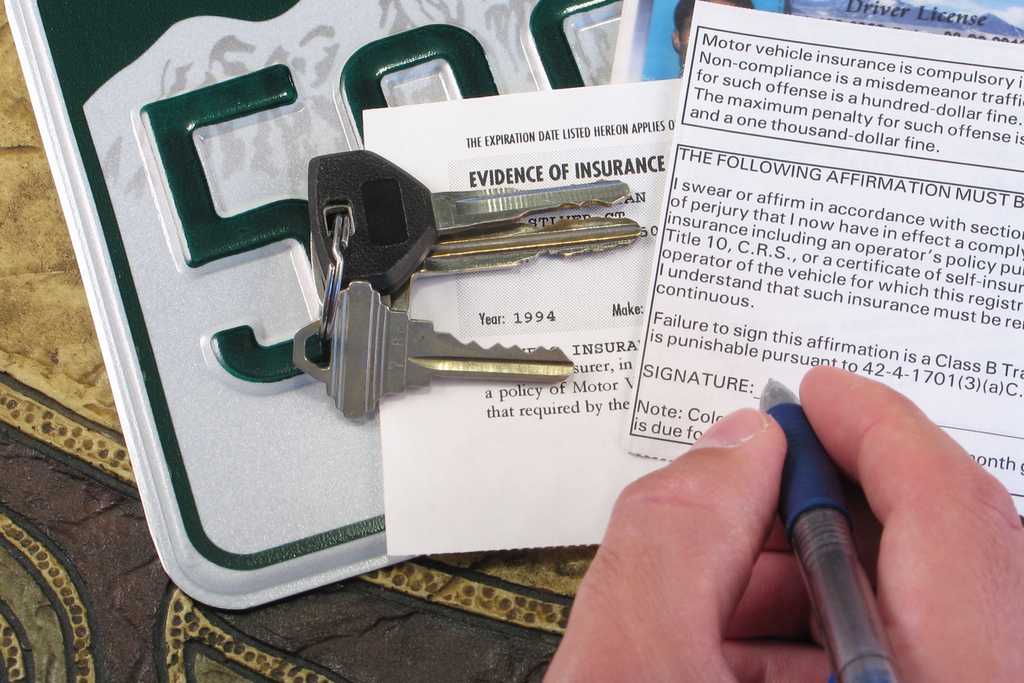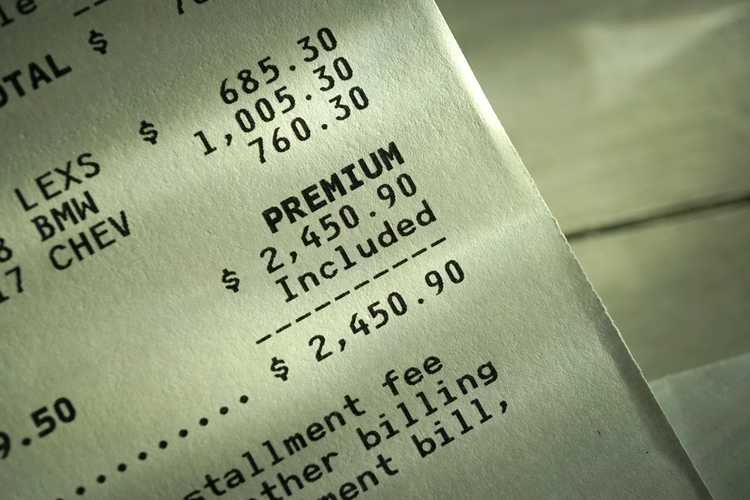When you get a new car, you’ll hear several different terms thrown around that might sound confusing at first. Two of those terms are car title and registration. You might think they both refer to the same thing, but that is not the case. The difference is that a car title is a document showing who owns the car (likely either you or your lender), while car registration proves that you have paid all necessary fees to your state to legally drive the car.
What is a car registration?
In order to legally drive your car, you need to register it with your state and pay the appropriate fees and taxes. Depending on where you live, you may need to register it on a yearly basis, or you might be able to pay for multiple years at a time. Registration fees will also vary based on where you live.
Different states also have different rules on when drivers need to renew their registration. In states like Ohio, your registration expires on your birthday, but you can renew it up to 90 days before that date. Ohio also allows you to pay for a multi-year registration, which can be anywhere from 2-5 years (though it’s only mandatory to renew for a year).
Other states may have different rules. According to AAA, in Hawaii all car registrations expire at midnight on Dec. 31 and must be renewed by April 1 each year. But that may differ from county to county; Hawaii doesn’t have a statewide Department of Motor Vehicles like most others do.
Because the rules of car licensing and registration differ slightly from state to state, it’s a good idea to check with your local DMV to familiarize yourself with the rules where you live.
When you register your car, you’ll get a license plate and a registration sticker, as well as a registration document. When you renew your registration, you may have the option of getting a new license plate as well, though usually with renewals you’ll just get a new sticker to place over the expired one.
What is a car title?
A car title is a document that shows ownership of a vehicle. If you used a loan to finance your car purchase, you won’t have a car title in your name until you’ve paid off the loan. But if you paid cash, you should have a title in your name. You can get a copy of your car title from your local DMV.
In addition to the owner’s name, the car title will also show the make and model of your car, your Vehicle Identification Number (or VIN), the title’s issue date, and the type of title it is (more on that later).
When you sell your car, you’ll need to transfer the title over to the new owner. Again, how you do that depends on your state. Many states require the transfer to be notarized, while others just allow the original owner to record the new owner’s name on the title in order for the sale to be final.
Cars that were built before 1973 can have ownership transferred by the current owner signing a transferable registration and bill of sale.
Types of car titles
There are several different types of car titles. The title itself will specify what type you have. Here are the 10 different types of car titles.
Clear title
Many cars will come with a clear title. This type of title states that the car in question doesn’t have any kind of outstanding financial burden preventing it from being sold.
Salvage title
A salvage title applies if the vehicle has seen a substantial decrease in value because of an accident, repair, or theft. Cars with salvage titles are typically not eligible for auto loans.
Junk title
A junk title is the same as a salvage title in some states. The junk title is issued when a car is sold to a junkyard. This type of car is usually dismantled and sold for parts and is not roadworthy.
Rebuilt title
A rebuilt title will be issued if the vehicle has been significantly rebuilt. This type of title is issued either by the insurance company or the collision center where the rebuilding took place. A vehicle with this type of title will need to pass a safety inspection in order to be road legal.
Dismantled title
A dismantled title is issued when the car is damaged beyond the point of repair and the cost to fix the car is more than the car is worth. The owner needs a dismantled title in order to sell the car’s parts.
Reconstructed title
A reconstructed title is similar to a rebuilt title but for vehicles that have had significant repairs or transformations.
Bonded title
A bonded title is issued when the car in question doesn’t have ownership documents that can be found. It’s accompanied by a security bond equal to the car’s value and is valid for 3-5 years.
Affidavit title
Similar to a bonded title, an affidavit title is issued if the car’s documents are missing.
Odometer rollback title
An odometer rollback title is issued if the car is found to have had its odometer turned back illegally. Corrupt mechanics may do this in order to sell a vehicle for more than it’s worth. An honest mechanic can tell pretty easily if this has happened to the car.
Water damage title
A car will be issued a water damage title if it has been through a flood or storm that caused significant water damage.
Are car tags and registration the same thing?
Car tags are another way of saying license plates. A car tag is not the same thing as a car registration. Rather, the registration sticker is displayed on the car tag or license plate.
When you first buy a car, the dealer may provide you with “temporary tags.” This is a short-term paper license plate that you can use legally for a certain period of time determined by your state, until you can get to the DMV and get a proper license plate and registration.
Summary
Car titles and car registration are two different things, though you will need to know about both if you own a car. The rules around car registration depend on the state where you live, so it’s important to check with your local DMV to see which rules apply to you.



